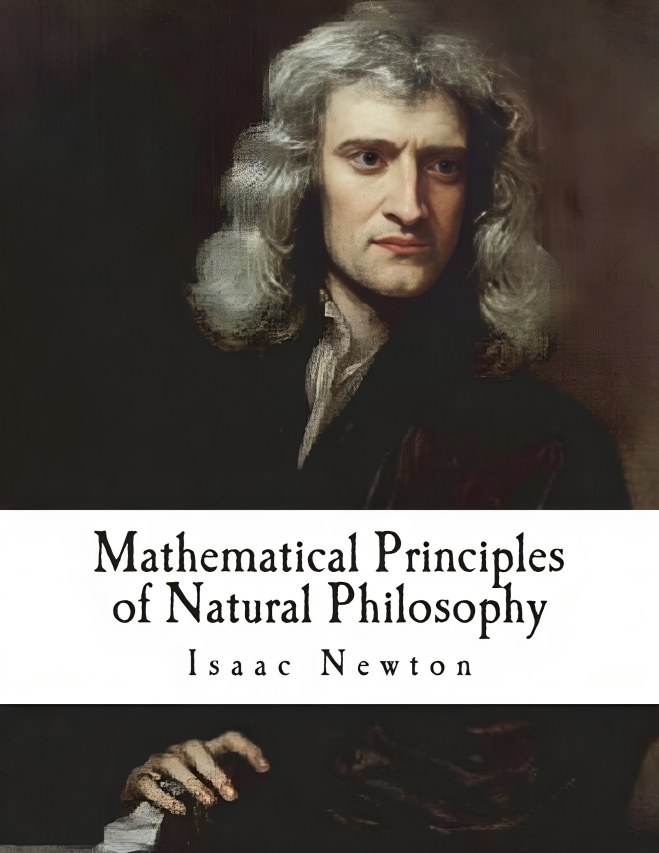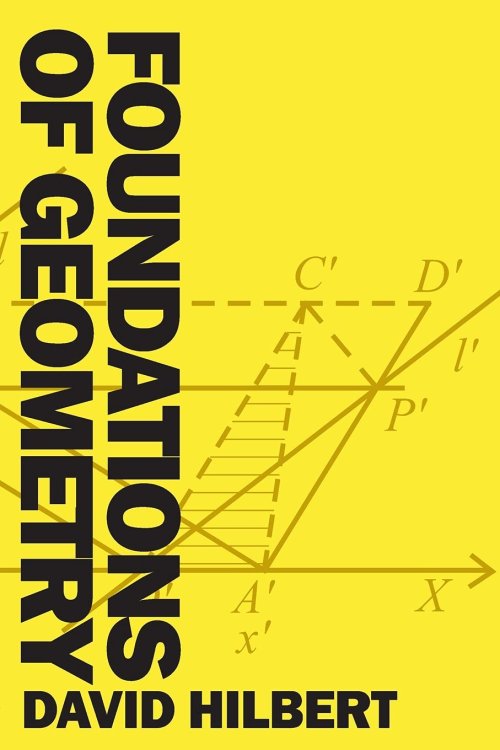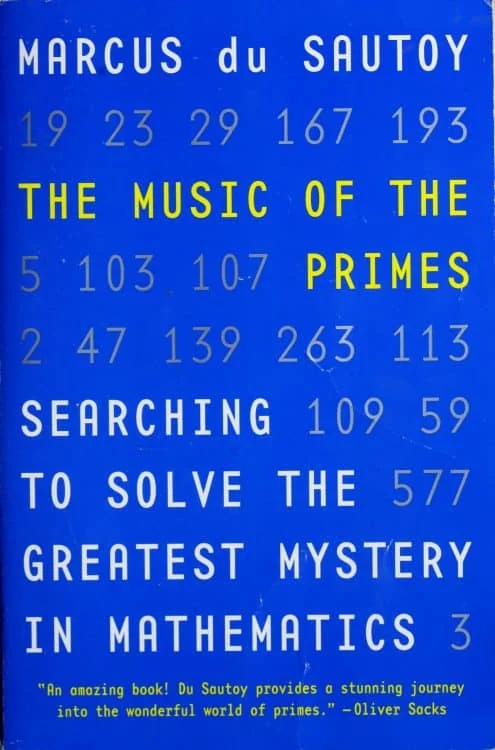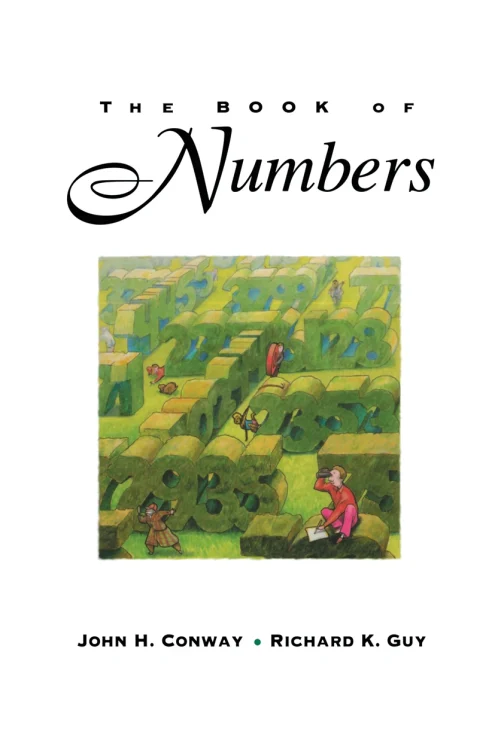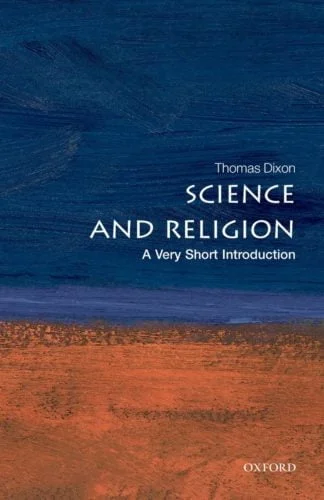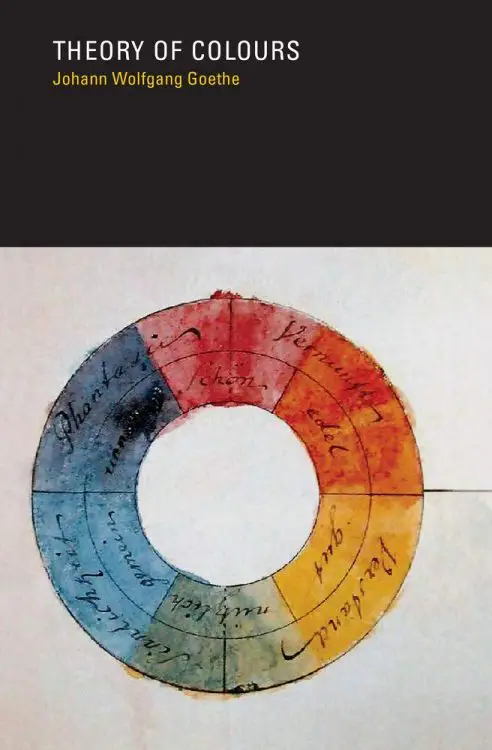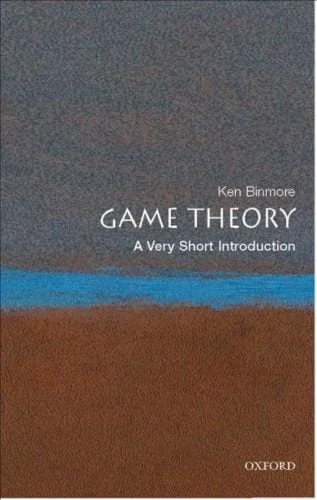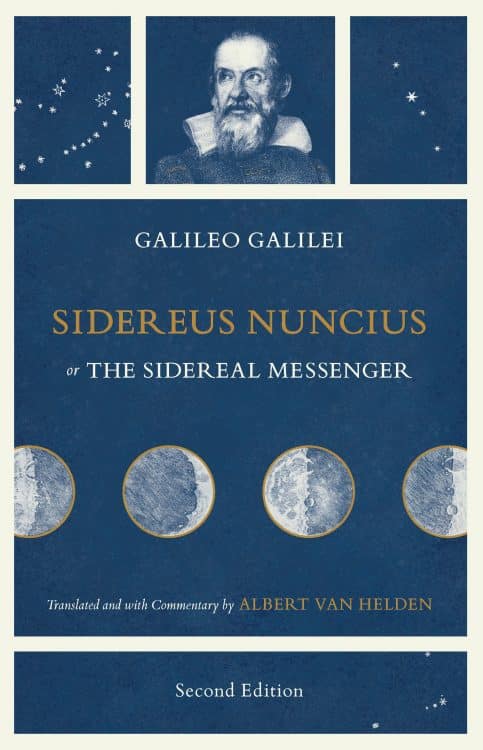Isaac Newton’s timeless masterpiece delves into the wonders of the universe with a powerful mathematical language. Unlocking the secrets of celestial bodies and earthly motion, Newton’s groundbreaking discoveries have ushered in the Scientific Revolution.
Within the pages of The Principia, we uncover a rhythmic pulse in the fabric of space, where invisible forces align with visible characteristics. From unraveling the mysteries of time to predicting celestial motions, Newton’s revolutionary calculus unveils a clockwork universe of perfect symmetry.
Divided into three books, Newton’s work presents a comprehensive exploration of natural principles. While the first and second books read like a textbook, the third book offers captivating insights into astronomy, culminating in a delightful finale.
Although indebted to Kepler’s laws of planetary motion, Newton’s mathematical approach to celestial mechanics stands out. Surprisingly, Kepler receives only a passing mention, despite his influence on Newton’s laws of motion and gravity.
While Newtonian mechanics held sway for centuries, the advent of relativity and quantum physics provided new perspectives on the nature of reality. Nonetheless, this enlightening journey through Newton’s work paves the way for further exploration and understanding.

